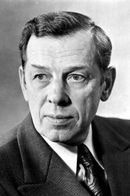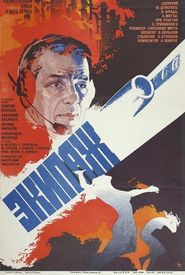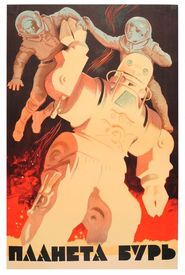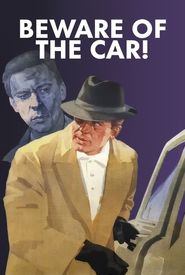Georgi Zhzhonov was a renowned Russian actor who miraculously survived 18 years of imprisonment under the tyrannical regime of Joseph Stalin. Born Georgi Stepanovich Zhzhonov on March 22, 1915, in St. Petersburg (then Petrograd),Russia, he was the seventh of ten children of Stepan Philippovich Zhzhonov and Maria Fedorovna Shchelkina. In 1921, his father was arrested and imprisoned for opposing the communists, forcing the Zhzhonov family to live on Bolshoi Prospekt of the Vasilevsky Ostrov in the historic center of St. Petersburg, near the "Petrogradets" stadium sports center.
Young Zhzhonov took rigorous physical training, specializing in acrobatics, and later graduated from a secondary school with advanced mathematics in 1930. He borrowed his elder brother's ID to pass the admission to the Acrobatic class at the Leningrad Circus School, where he was admitted as "Boris" Zhzhonov and studied for two years. His excellence in acrobatics earned him forgiveness for his innocent forgery.
Zhzhonov's acting career began in 1932 with a leading role in the silent film "Oshibka Geroya" (1932),directed by Eduard Ioganson, where his partner was Yefim Kopelyan. He continued to work in the film industry, studying under Sergey Gerasimov at the Leningrad Theater and Film Institute, where his classmate was Arkady Raykin. Zhzhonov's film career flourished, with notable roles in "Chapaev" (1934) and "Nasledny printsrespubliki" (1934).
However, after the murder of Leningrad governor Sergei Kirov, Joseph Stalin launched a campaign to exterminate Russian intellectuals. Zhzhonov's elder brother, Boris, was falsely accused of "anti-Soviet activity" and executed in prison. The entire Zhzhonov family was exiled to Siberian Kazakhstan, but Georgi refused to obey, citing his film career as a reason.
Zhzhonov's exile sentence was postponed, and he joined the cast and crew on a train to the filming location at Komsomolsk-on Amur on the Pacific Far East. On the train, he met an American diplomat, who treated him to a taste of American cigarettes, leading to his arrest on false accusations of spying for America.
Zhzhonov was tortured, humiliated, blackmailed, and exiled to Kolyma in Siberia from 1938 to 1945. He was allowed to work in Magadan Zapolyarny Drama Theatre in Siberia and later in Moscow, but was banned from living in the Soviet capital. He was arrested again on false accusations and exiled to Norilsk in Northern Siberia.
After 18 years of imprisonment and exile, Zhzhonov was allowed to return to Leningrad in 1955, where he was cleared of all previous charges and allowed to work as an actor. He returned to acting at the Theatre of Lensoveta and other theatres in Leningrad during 1955-1968.
Zhzhonov's acting career continued, with notable roles in "Beregis avtomobilya" (1966) and "Ekipazh" (1980). He also worked in television, earning praise for his role as Senator Stark in the TV movie "Vsyakorolevskaya rat" (All the King's Men 1972).























